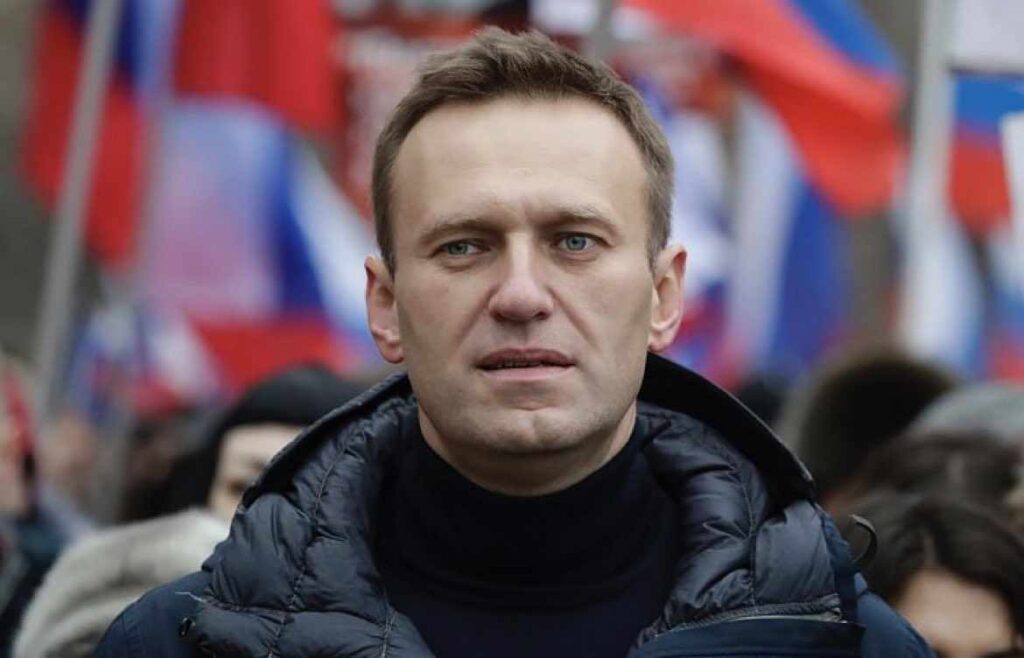Explore the circumstances surrounding the untimely demise of Russian opposition leader Alexei Navalny in the Arctic penal colony.

Alexei Navalny, a prominent Russian opposition leader, tragically collapsed and passed away at the “Polar Wolf” Arctic penal colony, where he was serving a long jail term. The Russian prison service reported that the 47-year-old former lawyer felt unwell after a walk at the IK-3 penal colony in Kharp, approximately 1,900 km northeast of Moscow into the Arctic Circle. Navalny gained fame over a decade ago for exposing corruption among Russia’s elite.
Also Read:- OpenAI Unveils Sora: Next-Gen Text-to-Video Model
Navalny lost consciousness immediately after feeling unwell during the walk, and despite resuscitation efforts, the prison service was unable to revive him. The causes of his death are currently under investigation. President Vladimir Putin was informed about Navalny’s death, leading to outrage from the West, with some holding the Russian leader responsible.
Tributes from Western officials poured in, acknowledging Navalny’s courage as a champion for freedom. Some accused the Kremlin without providing evidence. Navalny’s lawyer was en route to the prison, and his spokesperson expressed uncertainty, stating no confirmation of his death.
Russian newspaper editor Dmitry Muratov suggested that the conditions of detention led to Navalny’s death, calling it a supplemented sentence by murder. Navalny’s supporters had envisioned him as a potential future leader, anticipating his release from jail, but concerns about his safety within the Russian prison system persisted.
In 2021, Navalny voluntarily returned to Russia from Germany, where he had undergone treatment for a nerve agent poisoning attempt confirmed by Western laboratory tests.
Also Read:- Russia’s Space-Based Nuclear Weapon Threat
Despite Kremlin denials of an assassination attempt, Navalny’s death raises questions about his safety and the circumstances surrounding his demise.
